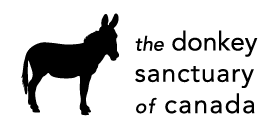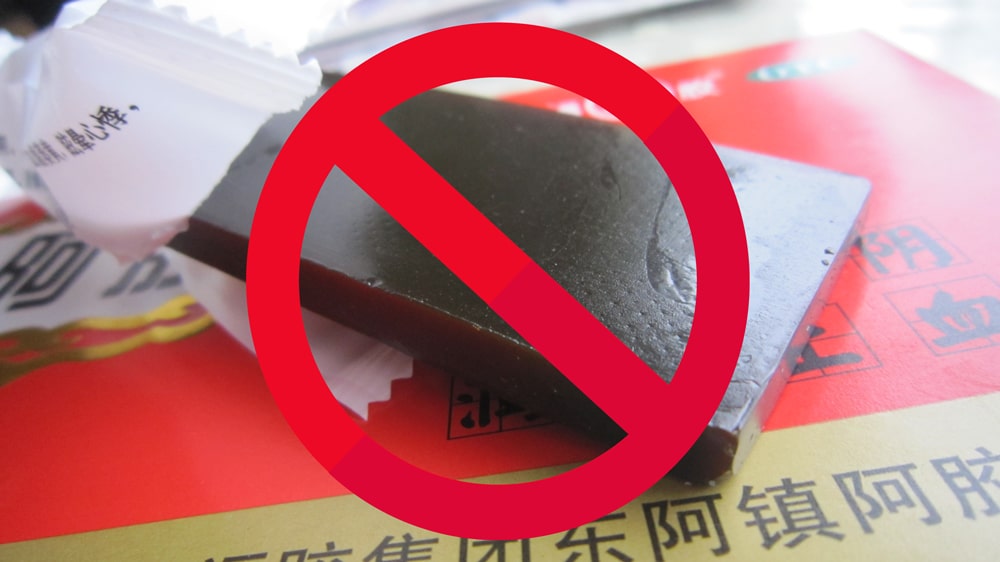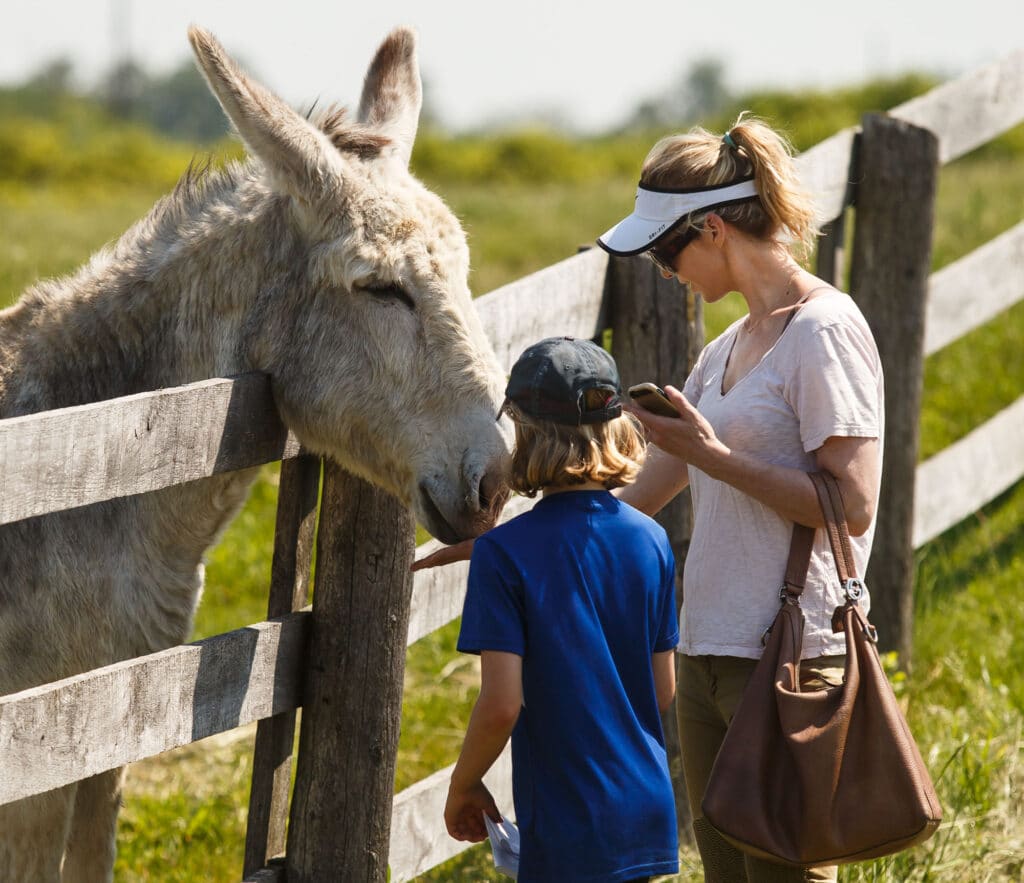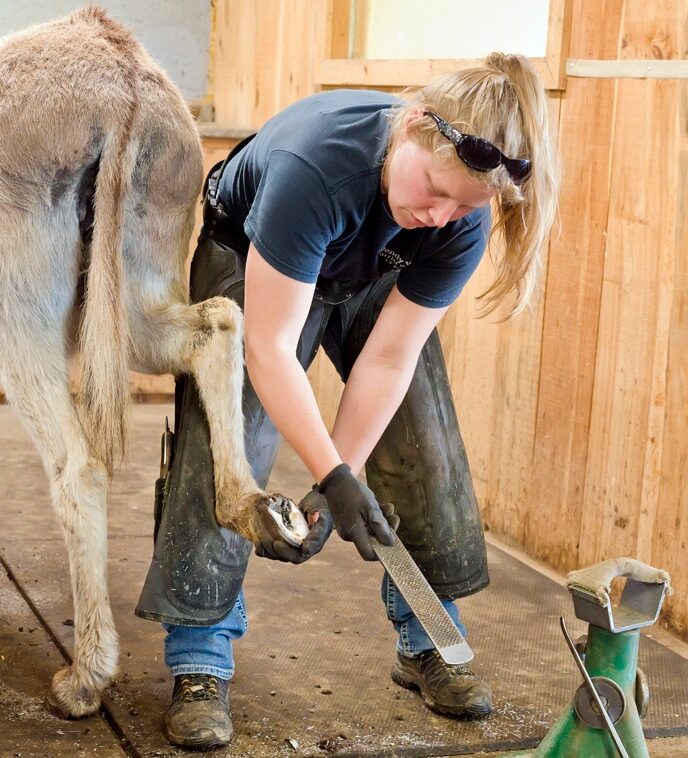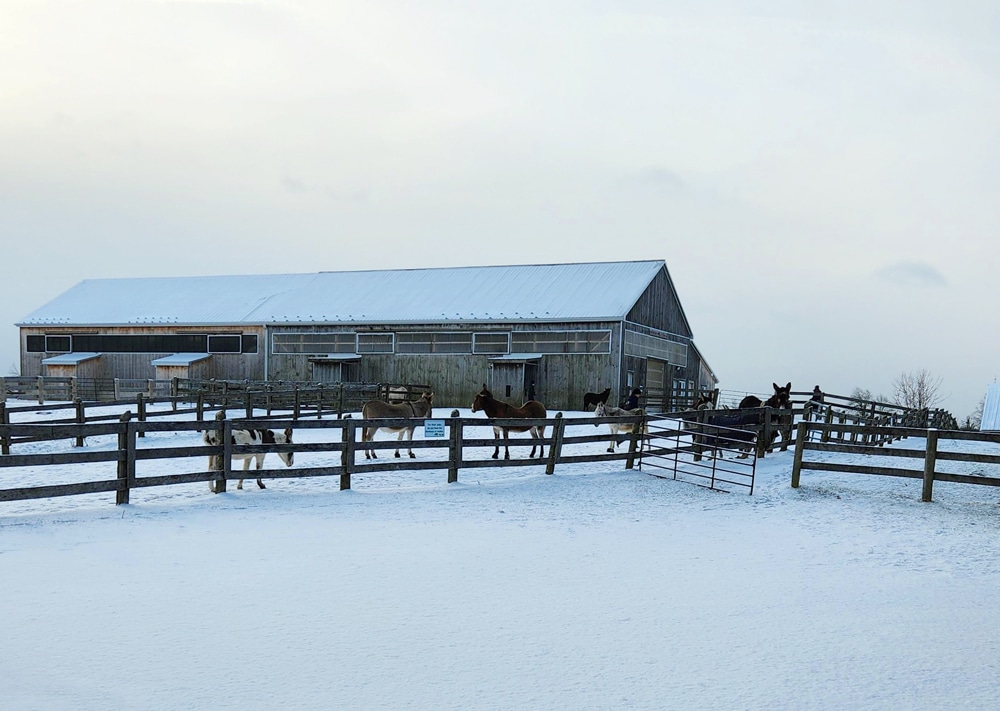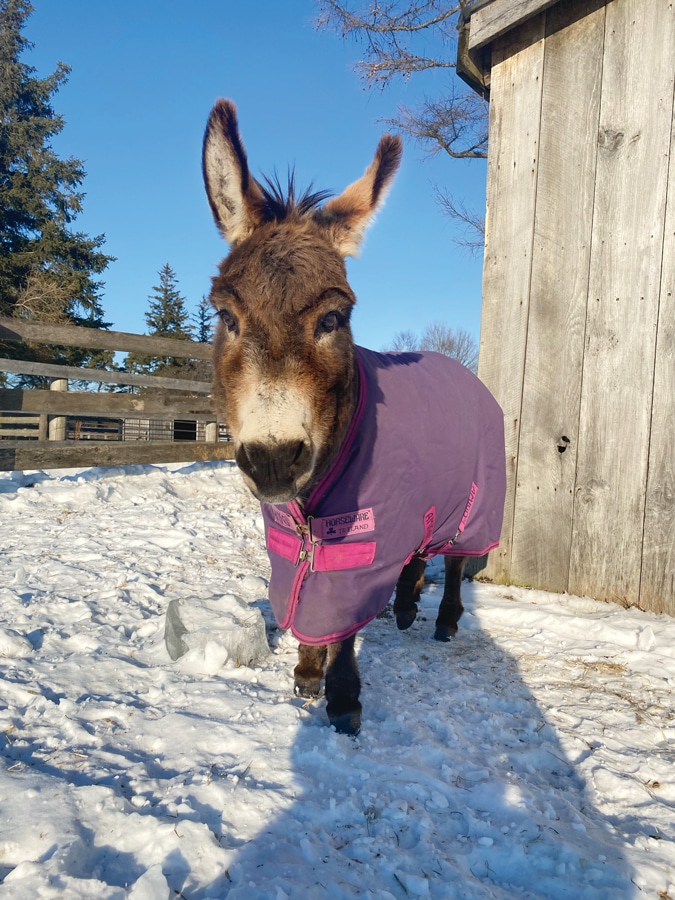In the quiet corners of the world, a cruel trade thrives, fueled by ancient beliefs and modern demand. The donkey skin trade, driven by the production of ejiao, a traditional Chinese medicine, has become a contentious issue with global ramifications.
Donkeys, once valued as dependable work animals, now suffer due to the demand for their skins, primarily in China. Ejiao, a gelatinous substance derived from boiled donkey hides, is believed to nourish the blood and treat various ailments. As China’s economy boomed, so did the demand for ejiao, leading suppliers to import donkey skins globally, including from Canada.
Canada, despite its stringent animal welfare regulations, is not immune from involvement. Reports indicate that Canadian donkeys have been exported for their skins, raising concerns among animal welfare advocates and prompting calls for tighter regulations. Ensuring the humane treatment of animals throughout the supply chain remains a significant challenge.
The rise of ejiao has led to unsustainable practices and serious ethical concerns, including donkey thefts, illegal slaughterhouses, and inhumane treatment. Addressing this issue requires a multifaceted approach, including raising awareness, enforcing regulations, and exploring sustainable alternatives to meet the demand for ejiao. Initiatives promoting alternative ingredients for traditional Chinese medicine, such as herbal substitutes and synthetic alternatives, are gaining traction.
The donkey skin trade perpetuates suffering in the name of tradition and commerce. Canada’s involvement underscores the global reach of this issue and the need for coordinated action. As consumers become increasingly aware of the ethical implications, the demand for ejiao may evolve, paving the way for more sustainable practices and alternatives.
Only through collective action can we ensure a future where donkeys are valued for their companionship and contributions rather than their hides.
